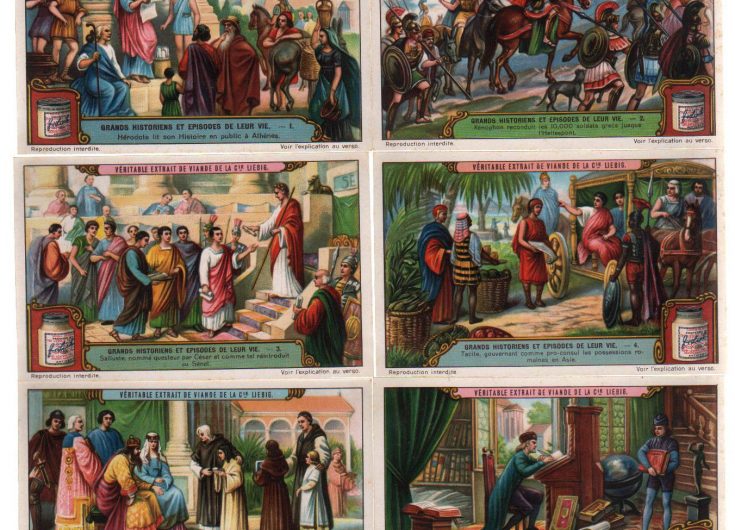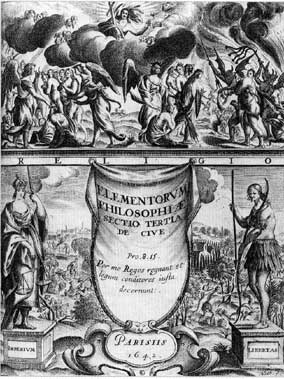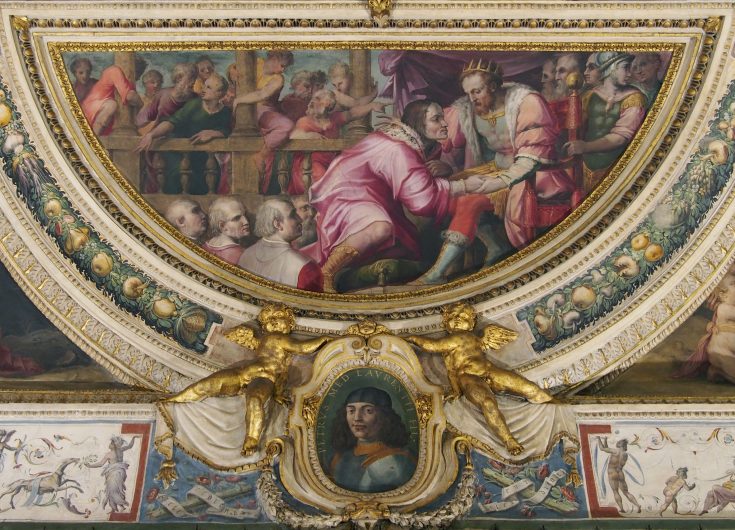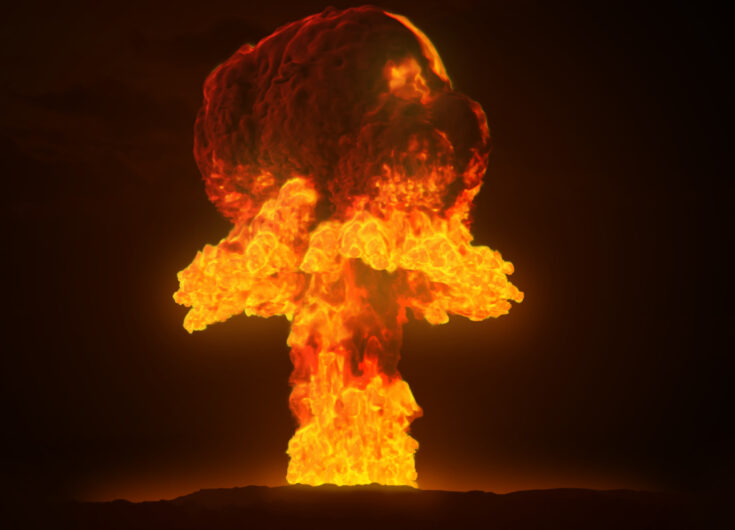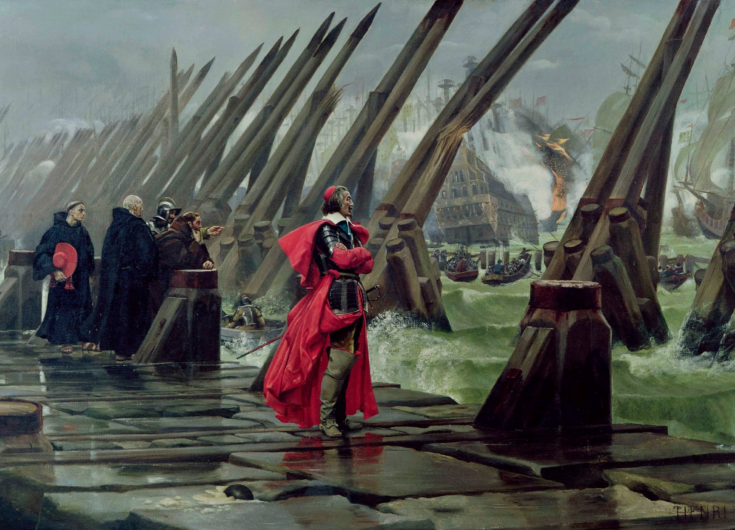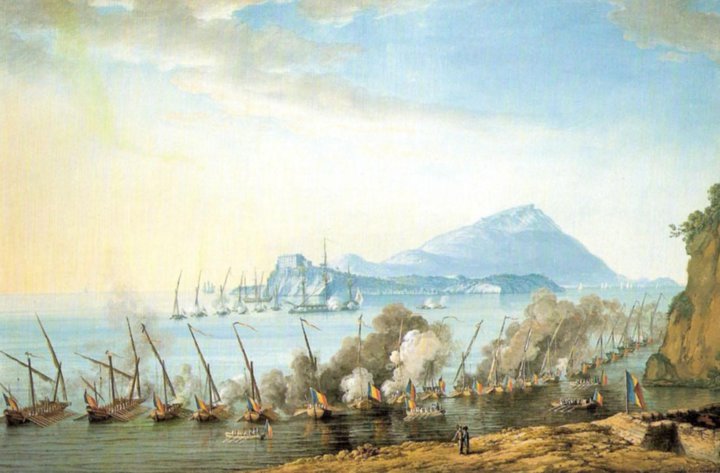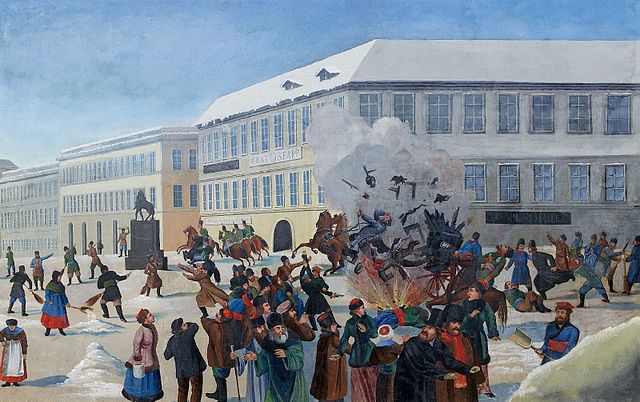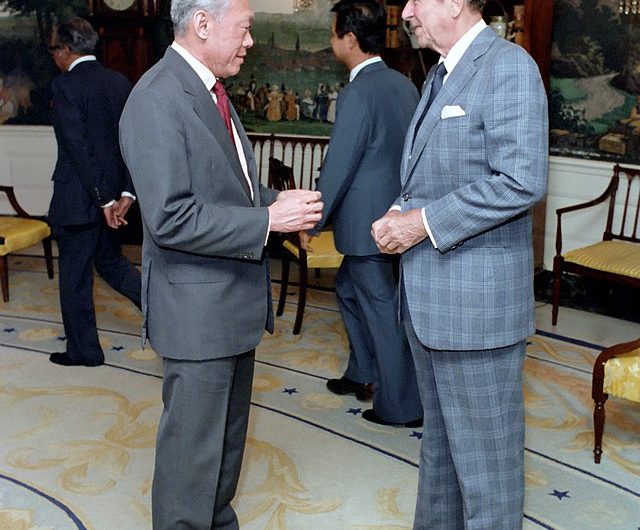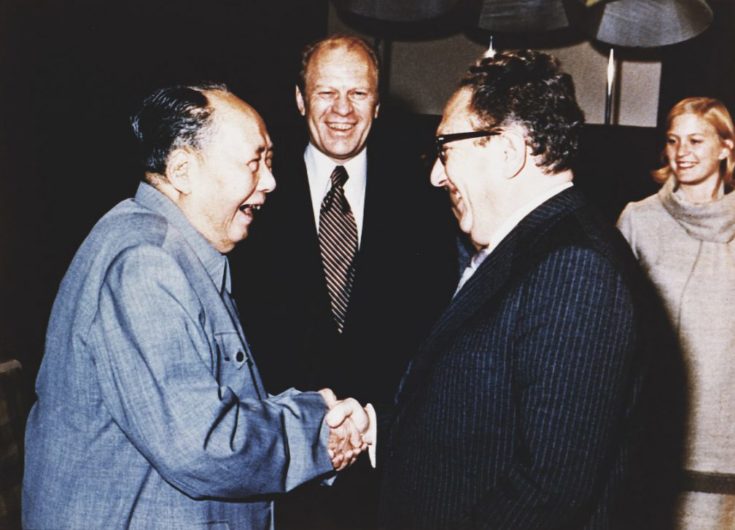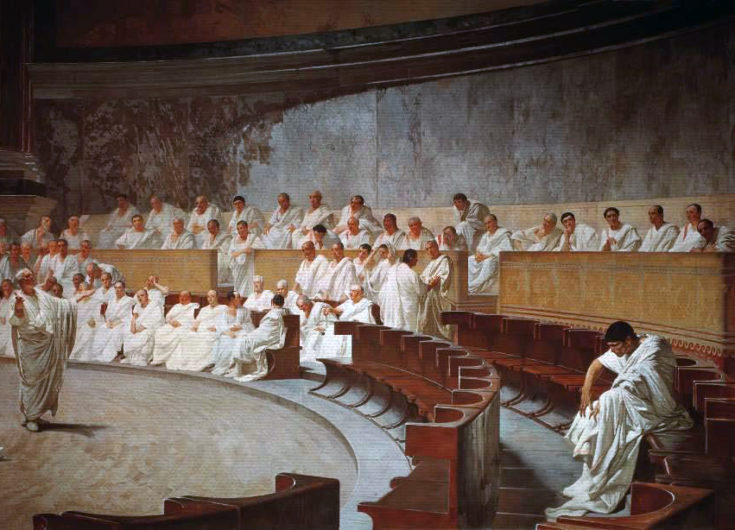May 27, 2022
The hard-won trajectory of his career enabled Richelieu to develop the temperament and experience to step into the role of Prime Minister for a struggling France in 1624. At the time, the kingdom was not ready to challenge the dominance of the Habsburgs, whose extensive borders almost surrounded France. Years of war, religious turmoil, and bitter domestic conflict had weakened France’s finances, military, and foreign policy institutions. Therefore, the first decade or so of Richelieu’s appointment was occupied with strengthening the state administration, tempering heated domestic divisions, and solidifying the monarchy’s power by crushing threats to it. His tactics against the Habsburgs in particular tended to be oriented to the long-term, employing exhaustion, harassment, and the solidifying of other alliances—at times in opposition to Catholic hardliners who disliked forming alliances with Protestant powers. Despite being a cardinal of the church, Richelieu was responsible more than any other individual for turning this conflict from a primarily religious one into a primarily political one. He was able to do so through his focus on strengthening France’s international relations once the domestic relations were put in order.
Richelieu’s influence on France came at a critical moment in the evolution of diplomatic practices, from ad hoc missions to resident embassies, which ushered in what has been called “the golden age of diplomacy.” He particularly aided in solidifying the practice of continuous negotiations, being one of the first prominent political figures “to insist on [its] importance to a community of states,” and its compatibility with the doctrine of raison d'état in modern European history.
